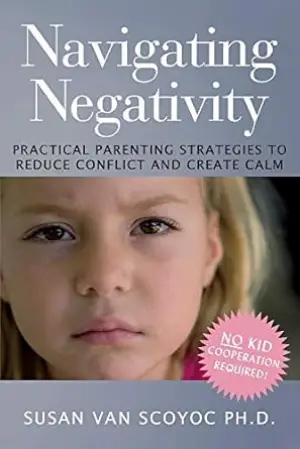Book Review: Fault Lines: The Social Justice Movement and Evangelicalism by Voddie Baucham Jr.
As a book blogger, I often find myself drawn to works that challenge societal norms and provoke thought; Voddie Baucham Jr.’s Fault Lines certainly falls into this category. With a title echoing the complexity of current cultural conversations, Baucham offers a profound examination of the clash between the Christian worldview and the increasingly prevalent ideology of Critical Theory—termed "Critical Social Justice" in the book. From the moment I flipped open its pages, I realized this was not just another social critique, but a heartfelt dialogue that engages deeply with faith and identity.
Baucham’s book is structured as both a historical account and a personal narrative. He intertwines his life experiences—growing up in a challenging environment, notably his mother’s inspiring influence—with an exploration of the ideological rifts that he believes are damaging to the church and society. Through humor and humility, he recounts pivotal moments that shaped his understanding of faith, family, and the perils of adopting a victim mindset. One particularly moving story is his reflection on overcoming the societal narrative that paints Christianity as a “white man’s religion.” Instead, he reminds us that our true identity lies in Christ, transcending racial or cultural confines.
The writing style is engaging, rife with anecdotes that draw the reader in, making complex sociological concepts approachable. Baucham’s clear definitions and thoughtful dissection of CT invite readers to not only understand its intricacies but also critically evaluate its implications for faith and community. His refusal to lash out in bitterness towards ideological opponents speaks volumes—he maintains a respectful tone throughout, offering constructive criticism rather than cheap shots.
What particularly resonated with me were Baucham’s reflections on justice and truth as rooted in Scripture. He emphasizes that the Bible outlines a path toward real justice through love, challenging contemporary activism that demands accountability without addressing deeper moral truths. His assertion that “the antiracist movement has many of the hallmarks of a cult” is striking. It suggests a sobering reality for believers: ideologies can masquerade as faith and lead us astray if we’re not vigilant.
The book’s pacing is steady, allowing readers to digest profound arguments and anecdotal evidence in equal measure. Baucham deftly employs statistics and historical context to dismantle the prevailing myths found in mainstream discourse on race and justice. His critique of the "new canon" of social texts provided a wake-up call; it encouraged me to question sources and narratives often taken at face value in discussions of social justice.
Fault Lines is not just for Christians grappling with contemporary social issues; it’s also for anyone seeking a deeper understanding of the intersection between faith and cultural identity. Those interested in thoughtful discourse about race, justice, and the church’s role will find Baucham’s insights invaluable. It’s a challenging read that left me reflecting on my own beliefs and the importance of grounding them in a God-centered worldview.
In conclusion, reading Fault Lines was more than an intellectual exercise; it felt like a spiritual journey. I walked away with a reinvigorated commitment to engage with sensitivity and truth, striving for love and understanding in a world eager to divide. Whether you are navigating your own faith or simply wishing to engage in deeper dialogues about justice and identity, I wholeheartedly recommend this book. It’s a heartfelt reminder of the transformative power of Christ in shaping our responses to life’s complexities.
[ad_2]
Discover more about Fault Lines: The Social Justice Movement and Evangelica… on GoodReads >>






